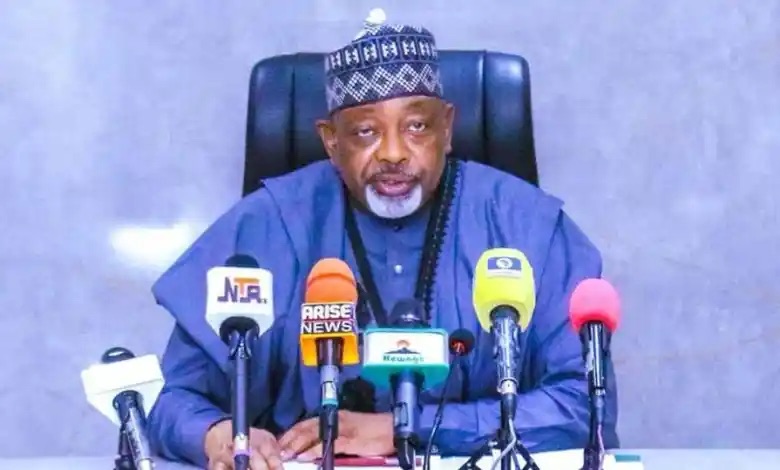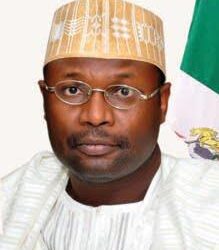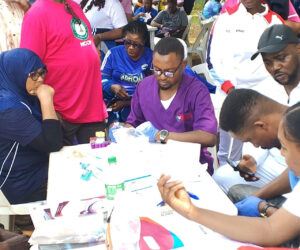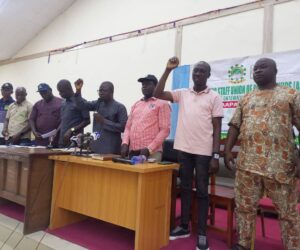From Okwe Obi, Abuja
The Federal Government has announced plans expend $538 billion on the Special Agro-industrial Zone (SAPZ) in Kaduna, Cross River and Ogun States as first tranche of the scheme.
The government said it would leverage the private sector to facilitate the implementation, stressing that the zone will further stimulate a total sum of $1 Billion by 2027.
Minister of Agriculture and Food Security Abubakar Kyari, revealed this at the unveiling of the Community of Practice Summit on the Comprehensive Africa Agriculture Development Programme (CAAP), yesterday in Abuja.
While reeling out the strides of the government, he said: “We have equally launched the Special Agro-industrial Zone (SAPZ) Kaduna, Cross Rivers and Ogun State with other coming on board.
“Under this project, the country has committed to substantial investments of $538.05 Million, leveraging on the private sector, in the establishment of Industrial Hub and Agricultural Transformation Centers, the zone will further stimulate a total sum of $1Billion by 2027.
“Recently at the just concluded African Food System summit in Dakar, I hosted a deal room with investors and other critical stakeholders on the Nigeria Postharvest Systems Transformation Program (NiPHaST), which aims to cut massive annual postharvest inefficiencies valued sat #3.5 Trillion and strengthen value chains, for secured national food sovereignty.
“The outcome of this investment drive will create a more efficient, sustainable, and equitable food system, ultimately contributing to farmers income, livelihood improvement, waste reduction, value chain enhancement economic development and food security.”
Also, Deputy Country Director and Director of Programmes, ActionAid Nigeria, Suwaiba Muhammad Dankabo, said the CAADP declaration was yo strengthen the food sector.
Dankabo said: “The African Union’s Kampala Declaration reaffirms our shared continental vision: transforming African agriculture and achieving lasting food security through the Comprehensive Africa Agriculture Development Programme (CAADP).
“Nigeria, with agriculture at the heart of its economy, rural livelihoods, and food systems, we welcome this opportunity to align national strategies with continental goals. Despite ongoing challenges—ranging from low productivity to climate change and gender inequalities—we are confident that, together, we can turn these challenges into catalysts for change.
“As ActionAid, at the continental level we had jointly developed the Non-State Actors Biennial Review Value Addition Toolkit (NSAs VABKIT) in collaboration with CAADP Non-State Actors Group (CNG), Oxfam, Trust Africa and other CSOs which we deployed biennially in Nigeria working with smallholder women farmers, young people and CSOs to generate data on the lived realities of smallholder women farmers across the 36 States and the FCT.
“These reports fed into Nigeria’s government reporting to the African Union within the CAADP Malabo Declaration that will elapse this December 2025 and also provided us with key area of gaps that investments should focus on as a country.
“These set of evidence-based data are still relevant: for smallholder women farmers – Access to government and banks’ credits is less than 23%, Access to agricultural insurance is 4.77%, on Extension Services – Access to farm demonstration is 5.26%, Control over land is 29.77% and Participation in land governance is 11.23% while on Post-harvest losses reduction support – Access to processing facilities is 18%, storage 16.60%, Off-takers/Access to markets is 13.50% and transportation 9.60%. These are areas we need to focus investments and interventions.”








